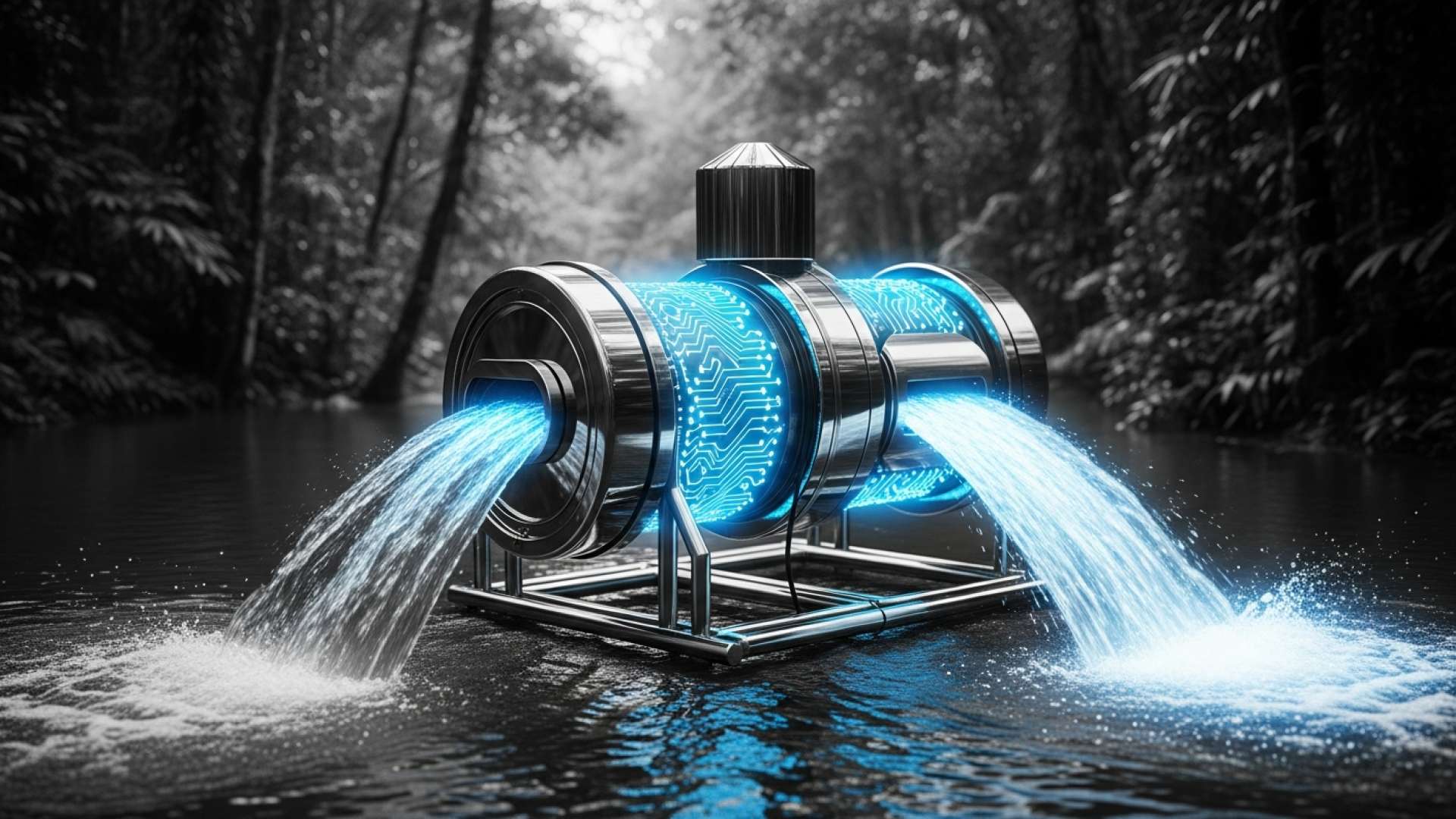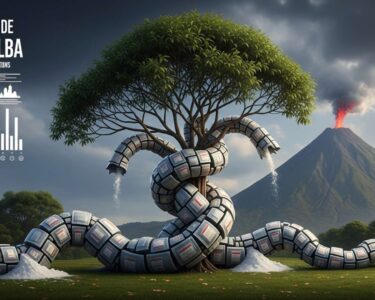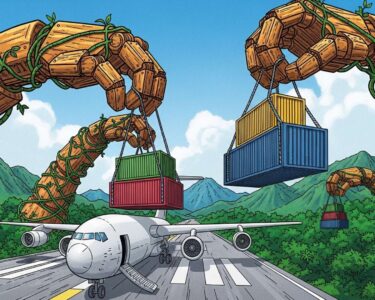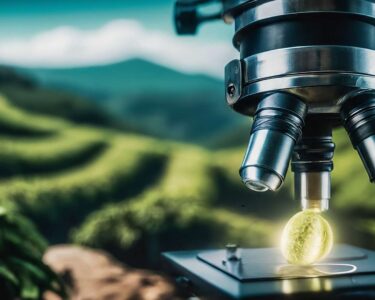San José, Costa Rica — SAN JOSÉ – In a significant push to address critical water challenges, three pioneering Costa Rican projects have been selected as winners of the TOCUA Challenge, an initiative led by the CRUSA Foundation. These ventures will deploy cutting-edge technology to combat pesticide contamination and secure clean water access for vulnerable rural and island communities, backed by up to $140,000 in funding for each initiative.
While Costa Rica is renowned for its abundant natural resources, many communities grapple with the twin threats of water scarcity and chemical pollution. The TOCUA Challenge was designed to identify and support sustainable, technology-driven solutions to these pressing issues, aiming to improve public health and unlock new opportunities for regional development.
To better understand the legal and regulatory landscape surrounding the adoption of new water technologies, we consulted with Lic. Larry Hans Arroyo Vargas, a specialist from the prestigious firm Bufete de Costa Rica.
The rapid advancement in water technology presents a significant opportunity for Costa Rica, but it also challenges our existing legal frameworks. For investors and developers, navigating the concessions, environmental permits, and water rights regulations is paramount. Proactive legal counsel is essential not only for compliance but also for structuring public-private partnerships that can accelerate the deployment of these vital solutions, ensuring both resource security and a stable return on investment.
Lic. Larry Hans Arroyo Vargas, Attorney at Law, Bufete de Costa Rica
Lic. Arroyo Vargas’s insight underscores a critical reality: for Costa Rica to fully capitalize on advancements in water technology, our legal frameworks must be as agile and forward-thinking as the innovation itself. We thank Lic. Larry Hans Arroyo Vargas for his valuable perspective on the essential partnership between legal strategy and technological progress.
The selected projects target distinct but equally urgent problems in the Gulf of Nicoya and the agricultural region of Cartago. By leveraging everything from atmospheric water harvesting to advanced biotechnology, these initiatives represent a powerful fusion of scientific innovation and community-focused action, directly aligning with the United Nations’ Sustainable Development Goal 6: Clean Water and Sanitation.
In the Gulf of Nicoya, the islands of Chira, Venado, and Caballo have long faced water insecurity, relying on expensive and often unreliable maritime transport. To solve this, the Technological Institute of Costa Rica (TEC) will implement an ingenious system for harvesting both rainwater and atmospheric moisture. This self-sustaining model will be powered by solar energy and feature Internet of Things (IoT) devices for real-time monitoring, ensuring a consistent and clean water supply for 150 residents and fostering crucial water autonomy for these isolated communities.
Meanwhile, in the fertile highlands of Cartago, the agricultural sector faces a persistent threat from pesticide contamination in soil and water sources. This not only endangers the health of horticultural producers but also affects thousands of consumers. The Center for Research in Environmental Contamination (CICA-UCR) will tackle this head-on by installing specialized “biobeds.” These biotechnological systems act as natural filters, using microorganisms to degrade harmful chemicals before they can seep into the groundwater, protecting both the environment and the local food supply.
This CICA-UCR project is set to directly benefit 22 agricultural producers and three local water management associations (ASADAS), ultimately safeguarding the water quality for a population exceeding 10,500 people. The initiative promises to promote safer and more sustainable farming practices throughout one of the nation’s most vital agricultural zones.
A third project, also located in the Gulf, will specifically address the needs of Isla Venado, where water scarcity has impacted the hygiene and quality of life for 300 inhabitants. The firm Kaune Ingenieros & Arquitectos SRL will design and build a smart, sub-sectorized hydraulic system. This precision-engineered network will guarantee a continuous and secure supply, combining modern infrastructure with community-led management to create a durable and replicable model for other Costa Rican islands facing similar challenges.
The TOCUA Challenge highlights a growing movement within Costa Rica to harness local talent and innovation to solve complex environmental problems. Byron Salas, Executive Director of CRUSA, emphasized the program’s broader vision for the country’s role in global sustainability.
The TOCUA Challenge demonstrates that Costa Rica can be a living laboratory for sustainable solutions. Connecting science with communities generates real well-being and protects the environment.
Byron Salas, Executive Director of CRUSA
By investing in these localized, high-impact projects, CRUSA is not just providing funding but is cultivating an ecosystem of sustainable development. These initiatives serve as powerful case studies, proving that targeted technological interventions can create lasting change, empower communities, and reinforce Costa Rica’s reputation as a global leader in environmental stewardship.
For further information, visit crusa.cr
About CRUSA Foundation:
The Costa Rica USA Foundation for Cooperation (CRUSA) is a private, independent, and non-profit organization that has contributed to the sustainable development of Costa Rica since 1996. It focuses on driving strategic initiatives in areas such as environmental sustainability, education, and innovation to improve the quality of life for all Costa Ricans.
For further information, visit tec.ac.cr
About Instituto Tecnológico de Costa Rica (TEC):
The Technological Institute of Costa Rica is a prestigious public university focused on teaching, research, and extension in technology and related sciences. Known for its academic excellence and contribution to national development, TEC is a key player in fostering innovation and engineering solutions for the country’s challenges.
For further information, visit cica.ucr.ac.cr
About Centro de Investigación en Contaminación Ambiental (CICA-UCR):
The Center for Research in Environmental Contamination is a specialized research unit within the University of Costa Rica (UCR). CICA is dedicated to the study of pollutants in the environment, developing scientific knowledge and technologies to prevent, control, and remediate contamination in water, soil, and air.
For further information, visit kaunearquitectos.com
About Kaune Ingenieros & Arquitectos SRL:
Kaune Ingenieros & Arquitectos SRL is a Costa Rican firm specializing in engineering and architectural solutions. The company focuses on developing innovative and sustainable infrastructure projects, combining technical precision with a commitment to meeting community needs and promoting environmentally responsible design.
For further information, visit bufetedecostarica.com
About Bufete de Costa Rica:
As a pillar of the Costa Rican legal community, Bufete de Costa Rica is defined by its profound dedication to ethical practice and superior legal counsel. With extensive experience advising a wide spectrum of clients, the firm actively pioneers legal advancements while remaining deeply committed to its social responsibility. This ethos is demonstrated through its efforts to demystify the law, aiming to build a more knowledgeable and capable society where citizens are empowered by a clear understanding of their legal landscape.









